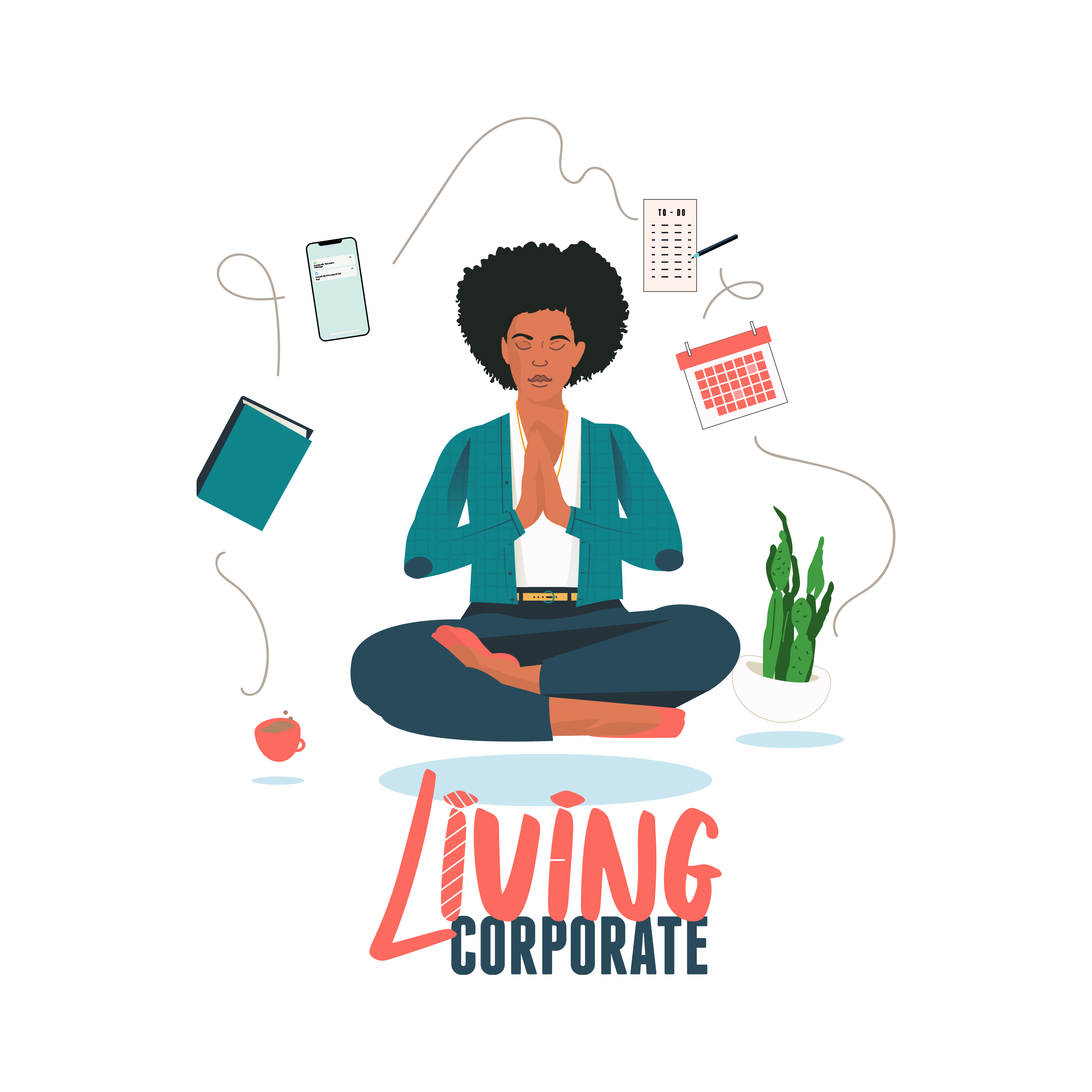
The TAP In with Tristan : Unqualified vs. Underqualified > @LivingCorp_Pod

Episode Notes
On the eighty-seventh installment of the newly-rebranded TAP In with Tristan, our incredible host Tristan Layfield breaks down the difference between being unqualified for a role and being underqualified for one. For those of you who’ve been with us for a while, you know Tristan provides Tips and Advice for Professionals, so make sure to TAP In with him every week to get your dose of timely career advice!
We all know the interview process can be fraught and full of bias. We’ve teamed up with SurveyMonkey to learn more about your experiences interviewing so we can make the entire process for BIPOC candidates. Share your thoughts: https://www.surveymonkey.com/r/HLV9V5W And watch this space for the results!
Struggling with your Diversity, Equity & Inclusion (DEI) work? Kanarys—a Black-founded company—has your back. Regardless of where you are on your DEI journey, we arm you with the insights you need now to take action now. From audits to assessments to data-informed strategy, we’d love to be the partner you have been looking for. Email stacey@kanarys.com or learn more at https://www.kanarys.com/employer.
Check out Tristan’s website to learn more about him or to book a free consultation.
http://bit.ly/31HFzND
Connect with Tristan on LinkedIn, Instagram, Facebook, & Twitter.
TRANSCRIPT
Tristan: What’s going on, Living Corporate? It’s Tristan, and I want to thank you for tapping back in with me as I provide some tips and advice for professionals. This week I want to discuss whether you are unqualified for that role or if you are just under-qualified because there’s a difference.
At some point, when each of us is searching for a job, we pass up applying to some because we don’t think we match exactly what they were looking for, even if we feel like we could learn on the job. We’ll often tell ourselves, “oh, I’m not qualified for the role,” and keep scrolling. But one mistake I think many job seekers make is not knowing the difference between being unqualified and under-qualified so let me break it down for you:
Unqualified is where you don’t meet even 10-20% of the qualifications in the job description. These are the roles you encounter and think wow, this job sounds cool, but I don’t have any experience doing any of the things they are requesting. When we see these roles, sometimes we’ll find one requirement in the job description that we have, latch on to it, and lie to ourselves that this is the perfect job for us.
On the contrary, being under-qualified is where you meet at least 60 – 70% of the job description requirements. Maybe you’re only 2 years shy of the requested experience, but you are pretty confident you can do well in this position. When we see these roles, often, the only thing holding us back from applying is ourselves and our preconceived notions surrounding the company or job and the other candidates applying.
Now, if you are unqualified, simply do not apply to the role. You’ll likely never make it to the top candidate position because you have no tangible examples that showcase how you can solve the company’s problems. You also could be doing yourself a disservice by tarnishing your reputation with that employer.
But if you are under-qualified, you definitely should still apply, and though that goes for everyone, I’m specifically talking to women because studies show that a large majority of women will not apply for jobs unless they are 100% qualified based on the job description. I say still apply because, according to a study by Robert Half, 84% of companies are willing to hire and train a candidate who lacked required skills, and 62% of employees have been offered a position for which they were not fully qualified. Even Google’s Head of People Operations was underqualified for his role according to his 2019 interview with Fast Company. So don’t be afraid to shoot your shot.
No matter if you apply online and you are overqualified, under-qualified, or just plain qualified remember the best way to ensure you get to that interview stage is by understanding the value you bring to the company, conveying that well in your documents and LinkedIn profile, and leveraging your network.
Thanks for tapping in with me this week. Talk to you next week, same time, same place.
This tip was brought to you by Tristan of Layfield Resume Consulting. Check us out on Instagram, Twitter, and Facebook @LayfieldResume or connect with me, Tristan Layfield, on LinkedIn.
Find out more at https://living-corporate.pinecast.co
